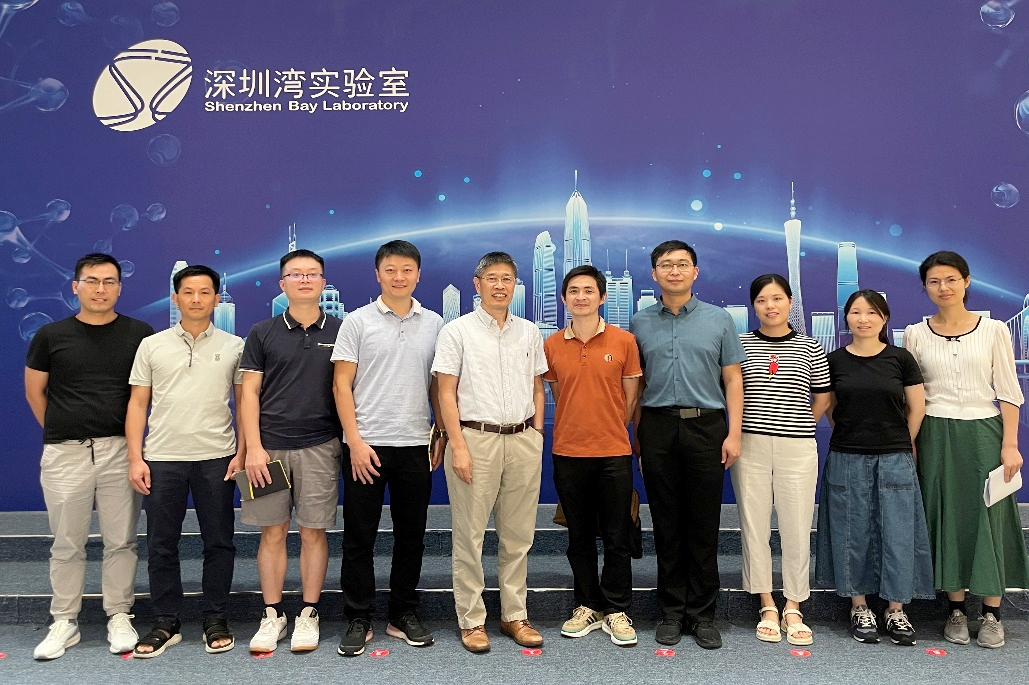讲座回顾|传染病研究所专家讲座系列(陈鸿霖教授)
在本期讲座中,陈鸿霖教授系统介绍了其团队在流感病毒方面的研究进展,并深入阐释了关于缺失NS1基因(DelNS1)减毒流感疫苗系统开发方面的相关工作。首先,陈教授围绕季节性流感、流感疫苗、流感病毒结构和生活周期等问题,阐述了禽流感病毒跨物种传播的分子决定因素。随后,陈教授详细介绍了流感病毒NS1蛋白逃避宿主天然免疫应答的机制,及其团队在流感病毒NS1与宿主适应性方面的研究进展。陈教授及其团队成功构建了可以在鸡胚和MDCK细胞中复制的减毒流感病毒(LAIV)(即删除流感病毒的NS1基因,并引入一些适应性突变的流感病毒)。
最后,基于对流感病毒NS1蛋白生物学功能的研究,陈教授课题组开发出一种DelNS1减毒流感病毒系统的鼻喷疫苗。该系统对于其他呼吸道病毒疫苗的快速研发同样具有重要意义,陈教授课题组通过将新冠病毒保护性抗原的RBD基因序列插入以DelNS1-LAIV为载体的减毒疫苗系统,研发出对新冠和流感病毒具有保护作用的双功能疫苗,该疫苗在控制新冠疫情和预防流感流行等方面具有广泛的应用前景。报告结束后,与会者就流感病毒与宿主适应性,减毒流感疫苗技术,呼吸道感染模型等相关问题展开了热烈讨论。

报告人简介:

Professor Chen obtained his PhD in Microbiology from the University of Hong Kong working on Epstein-Barr virus (EBV) associated nasopharyngeal carcinoma (NPC) and continued post-doctoral research on EBV at John Hopkins University School of Medicine. Upon rejoining the University of Hong Kong in 2003, Professor Chen expanded his research to include RNA viruses such as emerging influenza viruses and coronaviruses. He has since established multiple research programs and platform technologies, with a particular emphasis on the molecular determinants for cross-species transmission of avian influenza viruses and coronaviruses. Professor Chen's research on the influenza virus has led to a series of discoveries on host adaptations, resulting in patents for the development of a unique DelNS1 live attenuated influenza vaccine system. This system has significant potential for the rapid development of vaccines in response to recurring and emerging infectious diseases. In addition to his work on emerging infections, Professor Chen also conducts research on the role of EBV in NPC.
Prof Chen also serves as the Director of the Biosafety Level 3 Laboratory (BSL-3) in the center for Emerging Infectious Diseases at the University of Hong Kong.